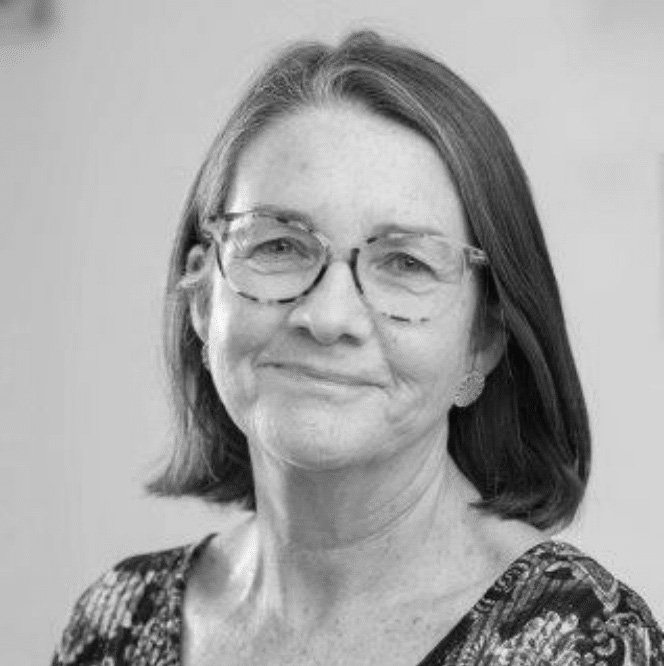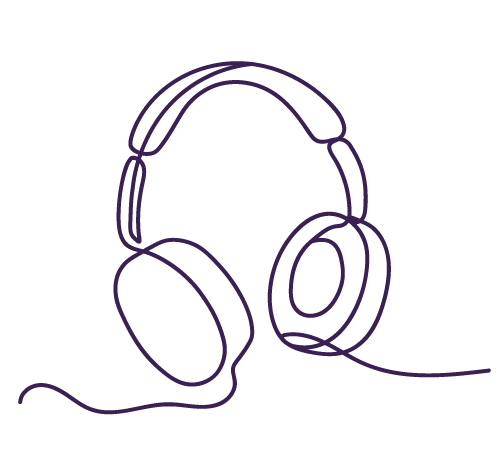The Society’s aim is to advance the scientific understanding of addiction


Keynote speaker announced for the 2024 Annual Conference
The SSA is delighted to announce that the Society Lecture for the 2024 Annual Conference will be given by Professor Ann McNeill on ‘Tobacco harm reduction – controversies and potential resolutions’.
Read our journals
The Society owns two academic journals – Addiction and Addiction Biology – and invests its journal income back into the sector to support people, projects, and research in addiction science.

Listen to the Addiction Audio podcast
Addiction Audio is the podcast from Addiction journal, featuring interviews with authors about the findings and implications of their research.



